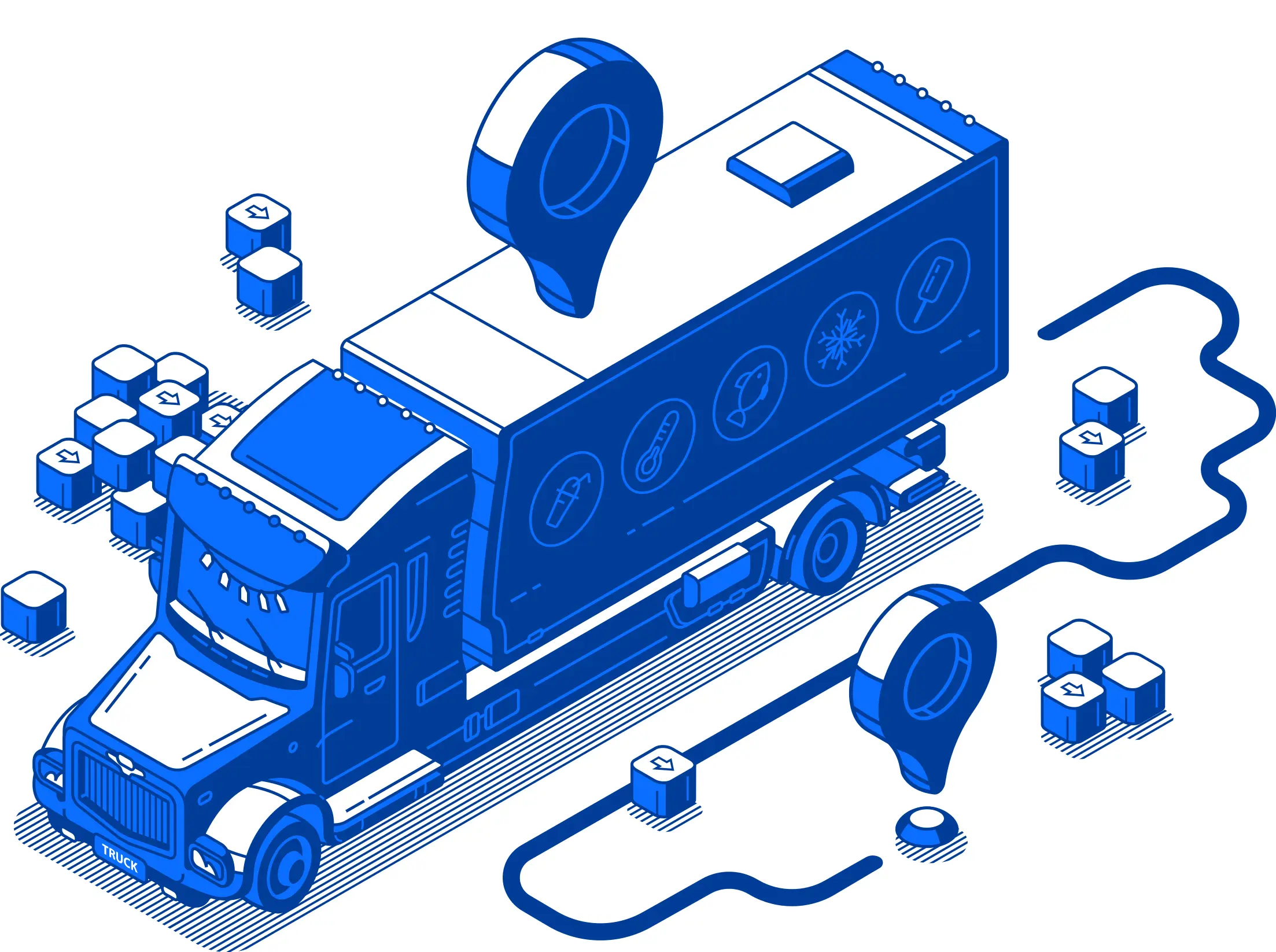Starting as soon as April 3rd, the current administration is implementing a 25% tariff on goods withdrawn from a warehouse, for automobiles (cargo vans, crossovers, light trucks, minivans, sedans, and SUVs), and for automobile parts (electrical components, engines, powertrain components, and transmissions). Any vehicles that qualify for USMCA allowances must provide the proper documentation proving how much of the vehicle was made in the U.S.
These tariffs are in addition to:
- 10% tariff on Canadian energy imports
- 10% tariff on potash
- 20% tariff on Chinese goods
- 25% tariff on goods from Canada and Mexico, except for items protected by the free trade agreement
- 25% tariff on aluminum and steel imports
The ongoing tariffs increase costs for many consumers and professionals in the trucking industry. It’s time to take measures to lower your risk, and freight factoring with Saint John Capital is one of the best ways to do that.
Don’t the Countries Sending Goods Pay the Tariffs?
A common misconception is companies receiving goods from other countries pay the tariffs. Importers pay for the shipment and the tariffs when collecting or ordering the goods. They need to get that money back, so they raise prices for the consumer.
The Impact Tariffs May Have on the Trucking Industry
According to the American Trucking Associations, 100,000 truck drivers haul goods from Canada and Mexico. Tariffs could greatly reduce cross-border freight and drive up costs. . In addition, higher steel prices mean more expensive trucks, trailers, and tractor-trailer repairs. A 25% tariff could make trucks increase by upwards of $35,000. A small, independent trucking company won’t be able to compete.
In the trucking industry, any truck driver transporting vehicles who crosses the Canadian or Mexican border must prove that a percentage of the parts on those vehicles were made in the U.S. If not, the truck driver must pay a 2.5% tax. That drives up the costs for trucking companies that transport goods across the border.
Plus, searches of trailers and vans at the border will increase. The ultimate goal is to stop fentanyl from entering the U.S. Transportation times are going to increase, which will slow the transportation of cross-country goods.
To cover these increased costs and border crossing delays, trucking companies have little choice but to increase their rates. Again, higher transportation costs will trickle down to the consumers. That could lead to less consumer spending, creating less demand for trucks and drivers.
Hopes are that the administration will take measures to limit the impact tariffs have on the nation’s vital transportation industry, but it’s too soon to tell what’s going to happen. You need to take steps to protect your business now. If demand for freight decreases as costs rise, what will you do?
Steps to Lower Your Trucking Company’s Risk
It’s time to buckle up and take steps to lower your risk. The higher your cash flow, the easier it is to get through times of economic uncertainty.
- Consider Branching Out
If you’re a specialty trucking company and can branch out into other areas, it’s a good time to consider it. If your work has drivers going to Canada for lumber and little else, tariffs will impact you. Look at other jobs you can take that don’t always have you crossing the border.
Diversity is going to help. One driver could keep hauling your cross-country routes while another works on intrastate work. Use load-finding boards to look for these jobs.
- Keep Your Trucks Maintained
With the cost of truck parts bound to increase, it’s a good time to make sure your trucks are in the best condition possible. Get tune-ups, tire changes, oil changes, brake repairs, and other key aspects of safety taken care of now.
Once the tariffs drive up costs for truck parts, you’ll be paying more for repairs. Get your truck repairs and maintenance taken care of before prices start to increase.
- Purchase New Equipment Before Prices Increase
If you’ve been planning on purchasing new equipment, it’s a good time to act on it. One benefit to new tractor-trailers and delivery vans is that modern safety equipment like 360º cameras, crash detection alerts and assistance, and lane-keeping assistance can lower your insurance costs.
The chief economist for JP Morgan gives the nation 40% odds that we’ll enter a recession. The CNBC Fed Survey raised the odds from 23% (January) to 36% (March). If a recession hits, interest rates could skyrocket. While interest rates for vehicle loans are still higher than they’ve been in the past, you could save money getting a loan before the Fed has to raise rates or if a recession does happen.
- Renegotiate Your Company’s Rates
National per-mile average rates range from around $2 to $3. As tariffs hit, you need to increase your rates to make up for the higher tariffs. Consider how much more tariffs are going to cost your business, the increased cost of fuel, and other expenses like higher insurance rates, driver wage increases, and higher repair and maintenance fees.
Gasoline prices increased from an average of $3.058 to $3.115 between March 17th and the 24th. Diesel prices also slightly from $3.549 to $3.567. Because gas prices are climbing slightly, you must consider how much more it costs to drive from Point A to Point B and back. Make sure your per-mile rates reflect that increase, too.
Reduce Your Risk By Signing Up for Freight Factoring
Freight factoring protects your company from tariff-related risks in a few ways. If you’re not familiar with freight factoring, it’s a financial service where you take a bill of lading that would become your invoice and sell it to a company at a discount.
The freight factoring company pays you all or part of the money you’re owed, minus the freight factoring fee. You don’t have to worry about invoicing or chasing late payments. The freight factoring specialists do that for you. You usually get the money you’re owed the same day you haul the load, provided you submit your request before the daily deadline of noon EST. How does this arrangement lower your risk?
You Get Paid On Time
Getting paid immediately is a huge benefit. You get paid on time, so you avoid late fees or overdraft penalties. On-time payments help increase your business credit rating, which leads to lower interest rates if you need a business loan.
A Non-Recourse Arrangement Offers Another Layer of Protection
Freight factoring arrangements may be a recourse, meaning you pay back the money you were advanced if your client doesn’t pay. Or, you can sign up for non-recourse arrangements. This is essentially insurance against non-payment if your client files for bankruptcy or closes their doors. The freight factoring company takes on the risk, and you don’t owe anything.
Discounted Rates and Other Benefits of Freight Factoring
Many freight factoring companies offer fuel discounts where you save money on every gallon of gas or diesel. That savings add up quickly.
Plus, Saint John Capital provides its customers with unlimited free business credit checks. Before you work for someone new, check their credit rating to ensure they’re responsible and pay their invoices on time.
Talk to our freight factoring experts to learn more about these and other benefits. We have a lot to offer, including some of the lowest factoring rates in the industry. Our customer service team speaks multiple languages, so don’t worry if English isn’t your strongest language. We’re happy to help you in whatever language you prefer.











